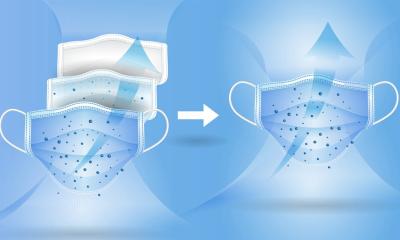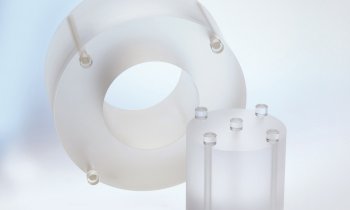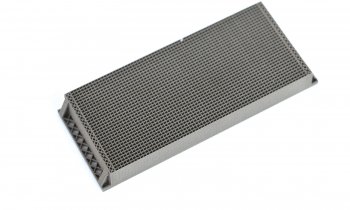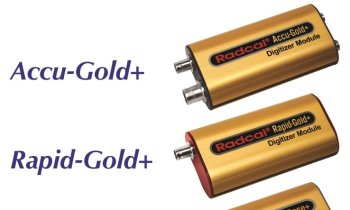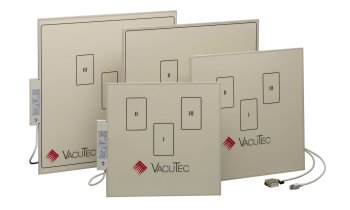News • EUA for respirators issued
Coronavirus: U.S. permits more protective masks for healthcare setting
In a joint effort, the U.S. Food and Drug Administration (FDA) and the Centers for Disease Control and Prevention (CDC) take action to make more respirators, including certain N95s, available to health care personnel.
Currently, the majority of respirators on the market are indicated for use in industrial settings. This action allows certain National Institute for Occupational Safety and Health (NIOSH) approved respirators not currently regulated by the FDA to be used in a health care setting by health care personnel during the coronavirus (COVID-19) outbreak, thereby maximizing the number of respirators available to meet the needs of the U.S. health care system.
“President Trump has made it clear that protecting the American people is his top priority, and that includes taking every necessary step to ensure America’s healthcare providers have the tools they need,” said HHS Secretary Alex Azar. “The FDA and CDC’s action to allow a wider range of respirators to be used in healthcare settings will help those on the front lines of this outbreak and their patients, which will keep all Americans safe. We will continue pursuing every possible avenue to secure the protective gear needed for responding to the COVID-19 outbreak.”
We’ve been working diligently to mitigate any potential shortages in the supply chain, including addressing increased demand and supply challenges associated with personal protective equipment
Stephen M. Hahn
The FDA granted the CDC’s request for an emergency use authorization (EUA) to allow health care personnel to use certain industrial respirators during the COVID-19 outbreak in health care settings. The FDA concluded that respirators approved by NIOSH, but not currently meeting the FDA’s requirements, may be effective in preventing health care personnel from airborne exposure, including COVID-19, which can cause serious or life-threatening disease, including severe respiratory illness. Given the increased demand and supply challenges on the availability of respirators, the EUA helps to provide alternatives that can enable more health care personnel to have access to this potentially lifesaving personal protective equipment. This action is the result of the close collaboration between the FDA and the CDC to prioritize access to needed medical products during this outbreak to support health care personnel.
“The FDA, alongside the CDC and other federal, state and local partners, have been aggressively addressing the COVID-19 outbreak,” said FDA Commissioner Stephen M. Hahn, M.D. “At the FDA, we’ve been working diligently to mitigate any potential shortages in the supply chain, including addressing increased demand and supply challenges associated with personal protective equipment. It is imperative that we assure health care personnel on the front lines of this outbreak have sufficient supplies of respiratory protective devices. Actions like today’s emergency use authorization are one of many tools the FDA can utilize during a public health emergency to respond to critical public health needs.”
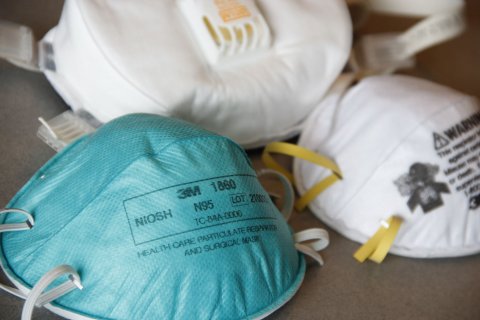
Image source: CDC/Debora Cartagena
Respiratory protective devices are designed to achieve a very close facial fit and very efficient filtration of airborne particles. When properly fitted, respirators, such as N95s, can filter more airborne particles than face masks, which is important during an outbreak of a respiratory disease like COVID-19. The FDA regulates respirators intended for use in a health care setting, however, most respirators are used in construction and other industrial jobs only and are therefore not required to meet the FDA requirements for testing.
Recommended article
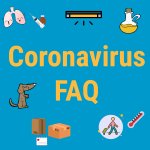
News • Myths around SARS-CoV-2 busted
Coronavirus FAQ to dispel fake and harmful advice
The current outbreak of the novel coronavirus disease (COVID-19) is making headlines by the minute. However, some less-than-trustworthy advice can be found among the information. Understandably, many people are concerned and confused. To prevent unnecessary panic, the World Health Organisation (WHO) has assembled advice for the public. Is it safe to receive parcels from China? Will sesame oil…
Of note, the agencies are not currently aware of specific widespread shortages of personal protective equipment, but there are reports of increased ordering of these products and shortages have been observed in some U.S. health care institutions. The FDA and CDC are aware that as the COVID-19 outbreak continues to expand globally, the supply chain for these devices will continue to be substantially stressed as demand exceeds available supplies. Under the circumstances of this emergency, nationwide shortages are anticipated. The FDA and CDC are taking steps to address the observed and anticipated shortages by expanding the use of respirators that are NIOSH approved, but do not currently meet FDA regulatory requirements. This action is part of an overall HHS strategy to help optimize the availability and use of respirators for health care personnel.
No health benefit for the public
“The action taken today by CDC and the FDA will increase the availability of N95 respirators to healthcare professionals across the country and we will continue to work together with our agency partners to protect the health and safety of all Americans,” said CDC Director Robert R. Redfield, M.D. “It is important to remember the best way to prevent the spread of respiratory disease is by using everyday preventative actions. These include hand washing, using tissues to cover a cough, disinfecting frequently-touched surfaces and keeping distance from people who are coughing and sneezing. CDC does not recommend the use of masks by the general public.”
Additionally, while the EUA can help increase the availability of certain NIOSH-approved respirators to health care personnel, this EUA does not apply to the public, who should not wear these respirators to protect against COVID-19. There is no added health benefit to the general American public to wear a respiratory protective device (such as an N95 respirator). The immediate health risk from COVID-19 is considered low. The CDC recommends everyday preventive actions, such as hand washing, to help prevent the spread of respiratory diseases.
The FDA will continue to update the public on our efforts to respond to this outbreak and efforts to find solutions to help mitigate any supply chain challenges that may arise, including continuing to assess the potential impacts of this outbreak on availability of medical devices and personal protective equipment. We are committed to working with stakeholders across the supply chain in close collaboration with public health and government partners to help enable access to critical medical products.
Source: U.S. Food and Drug Administration (FDA)
03.03.2020





